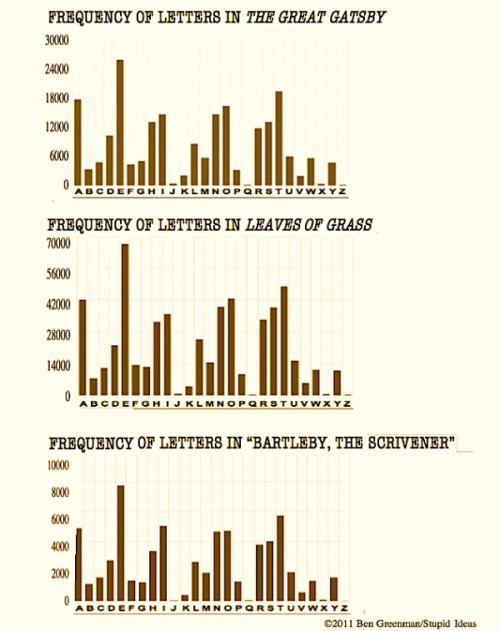Malcolm Gladwell – author of renowned books Tipping Point and Outliers – still has his day job at the New Yorker. His most recent piece is an analysis of the underdog and an endorsement of decision making in real time. It makes for interesting reading. Here’s a bit to whet your appetite – it’s quite long.
David’s victory over Goliath, in the Biblical account, is held to be an anomaly. It was not. Davids win all the time. The political scientist Ivan Arreguín-Toft recently looked at every war fought in the past two hundred years between strong and weak combatants. The Goliaths, he found, won in 71.5 per cent of the cases. That is a remarkable fact. Arreguín-Toft was analyzing conflicts in which one side was at least ten times as powerful—in terms of armed might and population—as its opponent, and even in those lopsided contests the underdog won almost a third of the time.
In the Biblical story of David and Goliath, David initially put on a coat of mail and a brass helmet and girded himself with a sword: he prepared to wage a conventional battle of swords against Goliath. But then he stopped. “I cannot walk in these, for I am unused to it,” he said (in Robert Alter’s translation), and picked up those five smooth stones. What happened, Arreguín-Toft wondered, when the underdogs likewise acknowledged their weakness and chose an unconventional strategy? He went back and re-analyzed his data. In those cases, David’s winning percentage went from 28.5 to 63.6. When underdogs choose not to play by Goliath’s rules, they win, Arreguín-Toft concluded, “even when everything we think we know about power says they shouldn’t.”







